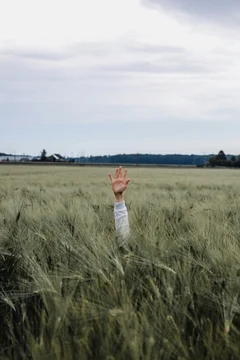
Ok, I'll admit, this post is getting a bit deep into the weeds of court procedure, even by our standards. But I thought it was interesting.
Last week we noted that the Court had canceled a trial to instead hold three additional days of hearings on summary judgment and other pending motions. I checked back in on the docket on that case, and the three hearings seem to have gone forward as planned.
Interestingly, the Court followed up after the final hearing and provided an update as to which of the summary judgment motions it is inclined to grant, and which it will deny:
ORAL ORDER: The Court, having now heard extensive oral argument on four of the pending summary judgment motions in this case, hereby advises the parties as follows, in order to assist them in planning ahead: (1) The Court’s current inclination is to GRANT Scale’s Motion for Summary Judgment of Non-Infringement of the Asserted Parse Claims, . . . to GRANT the remaining unresolved portion of Scale’s Motion for Summary Judgment of Invalidity of the Challenged Parse Claims, . . . and to DENY the remaining unresolved portion of Parse’s Motion for Summary Judgment #1: The Asserted Claims of the '442, '752, and '256 Patents are Invalid for Lack of Written Description and Enablement (i.e., as it relates to the asserted claims of the '442 and '256 patents) . . . . The Court is UNCERTAIN as to how it will resolve Parse’s Motion for Summary Judgment #2: The Asserted Claims are Invalid Under Section 112 for Failing to Claim Essential Features, . . . though it notes that it considered that motion, as briefed, to potentially have merit.; and (2) As discussed during the recent oral arguments, the Court will work to issue opinions regarding these motions in due course. It is of course possible that in finalizing its work on these opinions, the Court’s ultimate decision could turn out to be different from the inclinations expressed above.
Scale Biosciences, Inc. v. Parse Biosciences, Inc., C.A. No. 22-1597-CJB, D.I. 475 (D. Del. Oct. 14, 2025).
I've seen judges make similar comments in the past, and they tend to be accurate. Guidance like this can be really helpful in potentially resolving a case before the decisions issue.
It's not clear from the face of the order just how many claims remain, especially given that this case involves patent assertions in both directions. It will be interesting to see how the case proceeds from here, and whether the parties end up at trial.
If you enjoyed this post, consider subscribing to receive free e-mail updates about new posts.